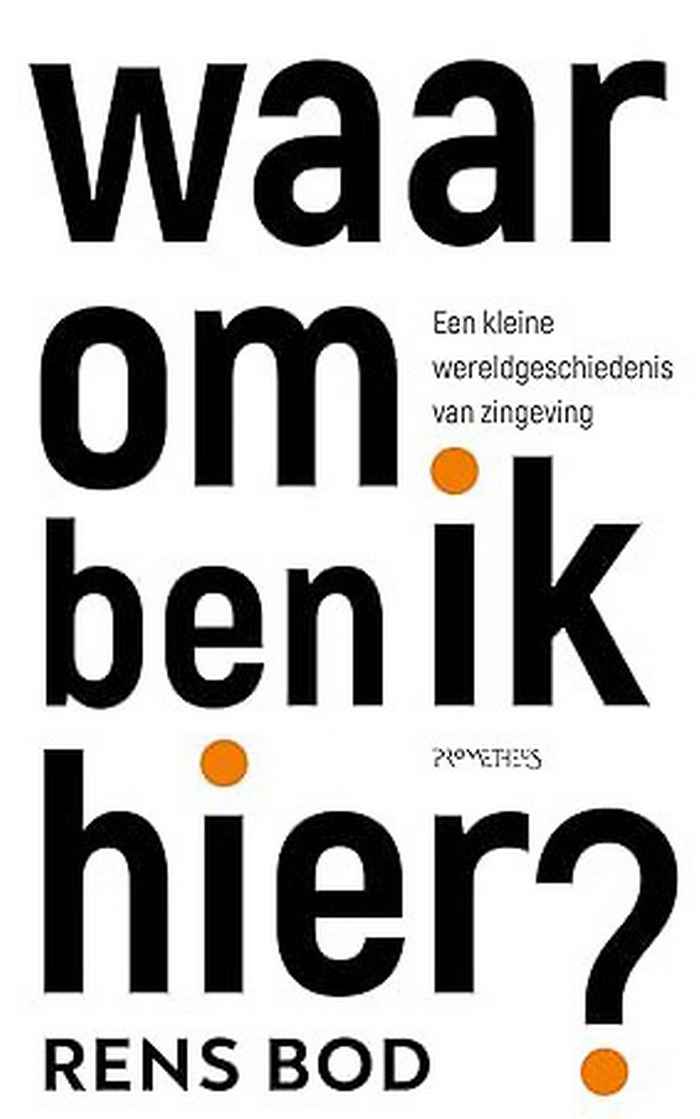'Why am I here?' Meaning-making from a global perspective
24 October 2023

What do science and scholarship have to say about the search for meaning in life? More than we think. There is, for example, compelling evidence that people with more meaningful activities lead healthier, longer, happier lives, and that they are more attractive. Thus knowledge of meaning-making pays off.
Yet many people fail to bring deeper meaning to their existence. The search for meaning and purpose can be a source of uncertainty and gloom. According to some, the demand for meaning is even greater than the supply. It is true that religions and political ideologies have become less important for many of us. But if we look at how people in other historical periods and cultures have given meaning and purpose to their lives, there is an abundance of different forms of meaning. And these turn out to be inspiring for today.
Hundreds of forms of meaning-making
In the book Why Am I Here, Rens Bod provides for the first time an overarching historical-anthropological overview of the hundreds of forms of meaning-making in the world. These range from well-known activities such as personal growth and helping others, to lesser-known ones such as punan and shokunin. Bod shows that an "optimal" choice can be made if we choose both an altruistic and an egoistic, and both a short-term and a long-term form of meaning. It turns out that such a choice also allows us to answer the question Why am I here?
About Rens Bod
Rens Bod is professor of Digital Humanities at the UvA and president of the Society for the History of the Humanities. He established a new and vibrant field of research: the history of the humanities. Bod previously published A New History of the Humanities (De vergeten wetenschappen: Een geschiedenis van de humaniora, 2010), which received multiple awards and has been translated into seven languages. He also wrote World of Patterns: A Global History of Knowledge (Een wereld vol patronen: De geschiedenis van kennis, 2019), in which he charts the general development of knowledge regimes. The book was nominated for the Libris History Prize.